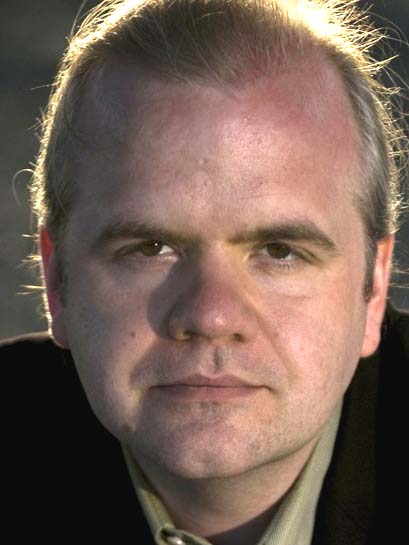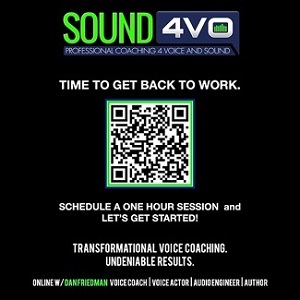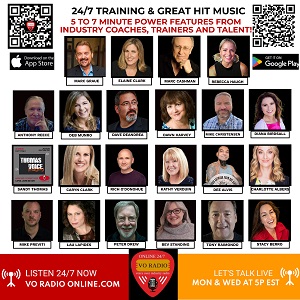|
VOICE ACTING When You're Mispronouncing A Word, Define It. Comprehension Makes A Big Difference ... April 28, 2017  By Hugh Klitzke By Hugh KlitzkeCasting Director and Coach If you are mispronouncing a word in a voice over script - ask yourself: Do I really understand what the word means in this context?
--------------------- ABOUT HUGH Hugh P. Klitzke is studio manager and voice casting director for a leading bi-coastal talent agency, who in more than a decade has directed over 115,000 auditions for all voice over genres. Based in New York City, he is also a coach specializing in teaching voice over for actors, and blogs at voiceoverfortheactor.com, a twice-weekly blog with helpful voice acting tips. Web: www.hughpklitzke.com Email: VO4TA@voiceoverfortheactor.com Blog: www.voiceoverfortheactor.com SEE MORE HELPFUL VOICE ACTING ARTICLES HERE |
|
|
On Michael Langsner's Voice-Over Roadmap Podcast
For essential voice-over business strategies
Inspiring interviews help your VO career
Email alerts to new VoiceOverXtra articles
As of the NEW website launch, 03/22/2012









.png)
Well, this biz is not all talk - we learn something new every day!
I knew none of that until a brainy script sent me scurrying off to Wikipedia. That made it evident the idea fits with developing our crazy craft, too: we can read what's been written about it, or rub shoulders with others who actually do it - which of course includes the best coaches!
In terms of etic/emic (fortunately easy to pronounce!) the ideal I believe has to be a combined approach.
Oh, what a lot we learn, and I agree with Hugh: if we think into the meaning we offer up a better product.